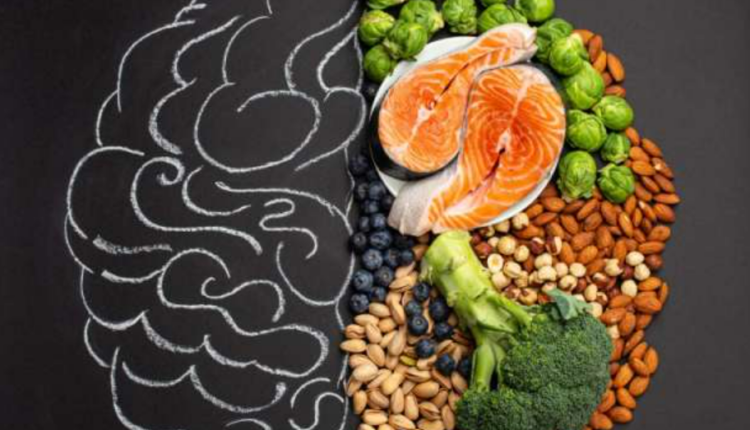The connection between nutrition and physical health is well-established, but growing research indicates that diet also plays a significant role in mental health. The food we consume can influence brain function, mood, and overall mental well-being. Understanding the impact of nutrition on mental health is crucial for developing effective dietary strategies to support mental wellness.
The Gut-Brain Axis
The gut-brain axis refers to the bidirectional communication network between the gastrointestinal (GI) tract and the brain. This complex system involves various pathways, including the vagus nerve, the immune system, and gut microbiota. The gut-brain axis highlights the importance of gut health in regulating brain function and emotional well-being.
Key Nutrients for Mental Health
- Omega-3 Fatty Acids: Found in fatty fish, flaxseeds, and walnuts, omega-3 fatty acids are essential for brain health. They play a role in building cell membranes, reducing inflammation, and supporting neurotransmitter function. Studies have shown that omega-3 supplementation can alleviate symptoms of depression and anxiety.
- B Vitamins: B vitamins, including B6, B12, and folate, are vital for cognitive function and mood regulation. They are involved in the production of neurotransmitters such as serotonin and dopamine. Deficiencies in B vitamins have been linked to depression, fatigue, and cognitive decline.
- Antioxidants: Foods rich in antioxidants, such as fruits, vegetables, and nuts, help protect the brain from oxidative stress and inflammation. Antioxidants like vitamin C, vitamin E, and polyphenols support brain health and may reduce the risk of mental health disorders.
- Probiotics: Probiotics are beneficial bacteria that promote gut health. A healthy gut microbiome can influence mood and behavior through the production of neurotransmitters and the modulation of the immune system. Fermented foods like yogurt, kefir, and sauerkraut are good sources of probiotics.
- Amino Acids: Amino acids, the building blocks of proteins, are essential for neurotransmitter synthesis. Tryptophan, for example, is a precursor to serotonin, a neurotransmitter that regulates mood. Consuming protein-rich foods like eggs, lean meats, and legumes can support mental health.
Dietary Patterns and Mental Health
- Mediterranean Diet: The Mediterranean diet, rich in fruits, vegetables, whole grains, and healthy fats, has been associated with a lower risk of depression and cognitive decline. This diet emphasizes nutrient-dense foods that support overall brain health.
- Western Diet: In contrast, the Western diet, high in processed foods, refined sugars, and unhealthy fats, has been linked to an increased risk of mental health disorders. This diet can lead to inflammation, oxidative stress, and nutrient deficiencies that negatively impact brain function.
The Role of Lifestyle Factors
- Exercise: Regular physical activity complements a healthy diet in promoting mental well-being. Exercise stimulates the release of endorphins and other neurotransmitters that enhance mood and reduce stress.
- Sleep: Quality sleep is essential for mental health. Poor sleep can disrupt the balance of neurotransmitters and increase the risk of mental health issues. A balanced diet that supports sleep hygiene can improve overall mental well-being.
- Stress Management: Chronic stress can negatively affect gut health and mental well-being. Mindfulness practices, such as meditation and yoga, along with a nutrient-rich diet, can help manage stress and improve mental health.
Conclusion
The link between nutrition and mental health underscores the importance of a balanced, nutrient-rich diet for overall well-being. By understanding the role of key nutrients and dietary patterns, individuals can make informed choices that support their mental health. Incorporating healthy eating habits, along with lifestyle factors like exercise and stress management, can lead to improved mood, cognitive function, and emotional resilience. As research in this field continues to evolve, the integration of nutrition and mental health will play a pivotal role in holistic healthcare.


